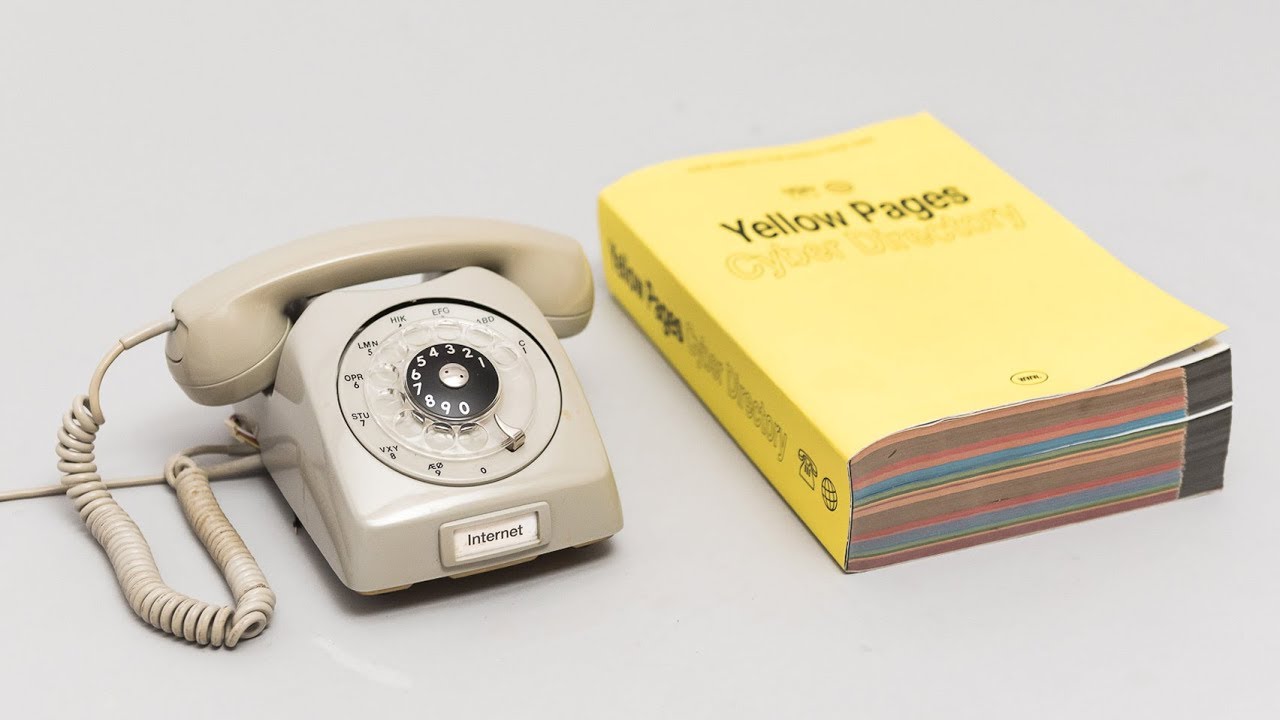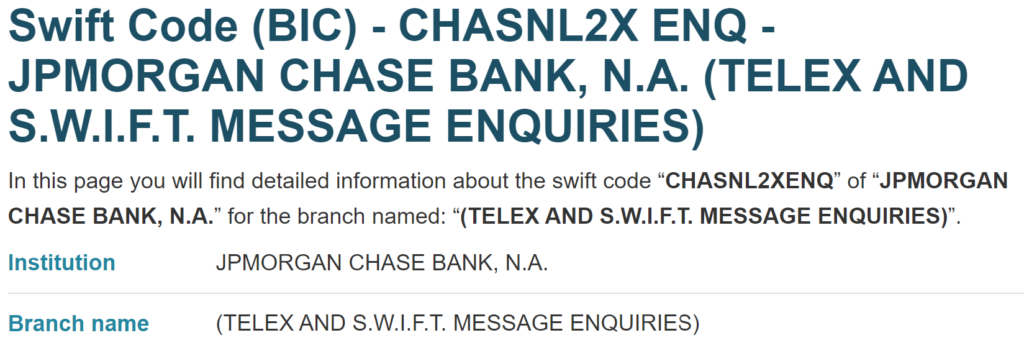
I saw the news that landlines are due to be dead by 2025 in the UK. Shame?
Nah, who uses a landline these days?
Twenty years ago, we depended on dial-up lines for AOL.
Today, with WiFi and mobile everywhere, we’ve moved on.
It made me reflect on other technologies that are defunct and dead, like fax machines. I never liked fax much but suppose it did it’s job of sharing documents. Funnily enough, when SWIFT started in the 1970s, it’s job was to replace telex machines for international payments. Does anyone remember a telex machine? And what about Morse code? Whatever happened to that?
CDs, cassettes, vinyl … Sony Walkman, MP3 players, Gramophones. Beta, VHS, videodisk.
As life progresses, we invent and discard. It’s the reason why companies ebb and flow, grow and die, and life moves on. The only constant is change.
The thing is, do we keep up with it?
I still know banks that require a landline on their application forms, who want to send confirmations by fax and who still have telex numbers.
Many banks have built their businesses, layering technology upon technology, and never got rid of the technologies that were there before. It is a regular lament of the banking business that they add more connectivity but never get rid of the costs of the systems that were there before. It’s a banking bomb, and it’s ticking.
I cannot believe that lack of vision and imagination in banking when something new comes along like a mobile telephone. Oooooh, let’s add that as ‘a channel’. They add it to their old layers of fax, telex, landlines and branch; rather than using some brain power to reimagine how the bank could deal with the customer through this new technology.
It’s the reason why bank products – cheques, cash, passbooks, paper forms for international transfers and so on – are still around in most bank operations. They should have been executed years ago, but they drag on like financial zombies.
It’s the reason why so many banks kept their branches operating, when tumbleweed twisted and turned down the high street and the one customer a day was the guy on the street hoping for a cup of coffee to be given to him in his plastic cup.
This is the nature of business that evolves rather than thinks.
A bank, or any company, that keeps adding new technology to old structures will always find themselves being more and more handcuffed into their legacy. Their business will be so cemented to their legacy structures that they cannot embrace new structures with any agility or imagination.
This may change as business structures move to cloud and apps, but I wonder. Let’s localise it to you. Where do you store your documents? In the cloud or on a hard drive with a backup? Where’s your email? On your PC or on the network? How do you behave with technology? Do you regularly renew and replace, or just keep doing what you’ve always done?
Then zoom out and apply the same questions to the business. How often does business renew and replace? How does the business organise and store its data? How does the business leverage the network advantages?
I know in my own case that it took me years to be comfortable with all of my work in the cloud. Now that it is, it’s fantastic. I can change laptop and phone every 18 months with no time involved. It just works. Roll back twenty years, a new PC would take me a weekend to load, as I’d have to backup from the old PC and reload on the new one.
Meanwhile, a landline? A rotary phone? Only to be seen in the back office of a bank.
Chris M Skinner
Chris Skinner is best known as an independent commentator on the financial markets through his blog, TheFinanser.com, as author of the bestselling book Digital Bank, and Chair of the European networking forum the Financial Services Club. He has been voted one of the most influential people in banking by The Financial Brand (as well as one of the best blogs), a FinTech Titan (Next Bank), one of the Fintech Leaders you need to follow (City AM, Deluxe and Jax Finance), as well as one of the Top 40 most influential people in financial technology by the Wall Street Journal's Financial News. To learn more click here...



